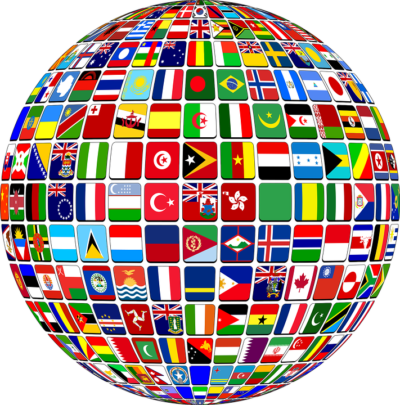In
the early days, people had no means of transport. Whenever they had to go
somewhere they walked on feet. They used animals to carry their goods. It took
a great deal to time. The invention of the wheel proved to be a boon for the
people. It made transport easier. By and by different means of transport such
as railways, airways, etc. developed. Airplanes have made travel faster. Now,
we can cover a long distance within hours.
Reasons for Travel in the
Past
1. Trade
In the past, people traveled
for trade purposes. They would travel long distances to sell their goods or
exchange them for other products. For example, the Silk Road was a network of
trade routes that connected Asia with the Mediterranean region.
2. Exploration
Exploration was another
reason for travel in the past. People were curious about new lands, cultures,
and resources. Explorers like Christopher Columbus and Vasco da Gama traveled
to discover new trade routes and expand their empires.
3. Education
In the past, people also
traveled for educational purposes. They would travel to study at prestigious
universities or to learn from renowned scholars. For example, in the Middle
Ages, students from all over Europe would travel to the University of Bologna
in Italy to study law. 5. Health Travel for health reasons was also common in
the past. People would travel to seek medical treatment, visit natural springs
or hot baths, or to escape unhealthy environments. For example, in the 19th
century, people would travel to the seaside for the fresh air and the healing
properties of the ocean.
4. Health
Travel for health reasons was also common in the past. People would travel to seek medical treatment, visit natural springs or hot baths, or to escape unhealthy environments. For example, in the 19th century, people would travel to the seaside for the fresh air and the healing properties of the ocean.



